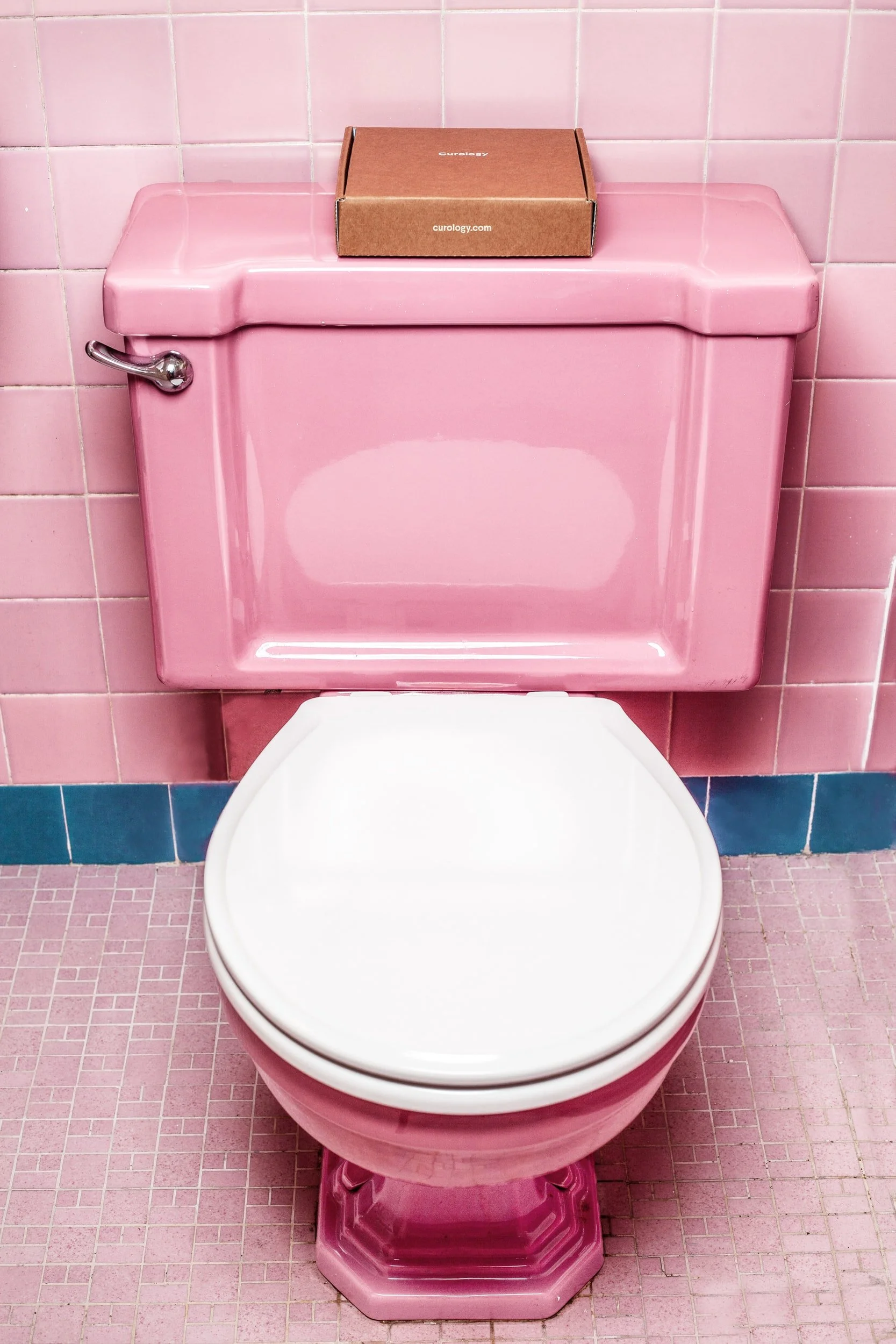Recognizing Signs of IBD
Every child gets a tummy ache every once in a while, but some kids with inflammatory bowel disease may get really bad stomach pain and diarrhea and/or constipation all of the time.
But what is inflammatory bowel disease (IBD)?
IBD is basically an inflammation or swelling of part of the digestive system (the small and large intestine) that can come and go or last a long time. It is NOT contagious.
More than 3 million Americans have IBD and even though kids are usually diagnosed during adolescence, IBD can be diagnosed at any age in both boys and girls. The risk of getting IBD can be higher (between 5-30%) if you have a close relative (parent or sibling) with the disease.
First of all, IBD is NOT the same as IBS - we have post coming about IBS coming up soon! There are two types of IBD: Crohn’s disease and ulcerative colitis.
These two diseases have lots in common, but some important differences are:
Crohn’s disease can affect any part of the digestive tracts - from the mouth to the anus and the entire intestinal wall is affected.
Ulcerative colitis happens only in the large intestine and can also cause sores on the inner lining of the intestine.
If you suspect your child may have IBD, some things to look out for include:
Cramping belly pain
Diarrhea
Bloating
Nausea
Loss of appetite & weight loss
Blood in the stool/toilet or on the toilet paper
Fever
Fatigue & low energy
Frequent (bloody) loose bowel movements
But IBD can sometimes also cause rashes, eye problems or joint swelling/pain. Kids with IBD may also not grow as fast as others and may hit puberty later than their friends due to a lack of nutrition.
It is not very well known what causes IBD, but it may be a combination of genetics, someone’s immune system or an environmental trigger. While stress and diet can potentially cause worse symptoms, they probably aren’t the cause of IBD.
If you are concerned and think your child may suffer from IBD, talk to your pediatrician. They will be able to examine your little one and run some tests to find out more.
Your PediPals


